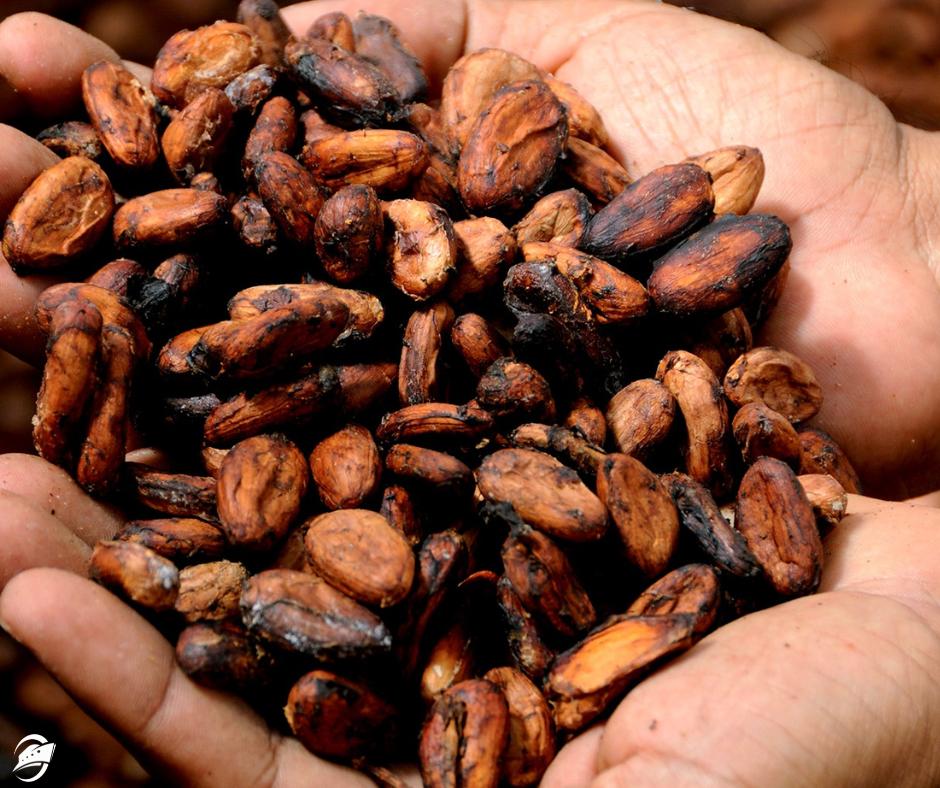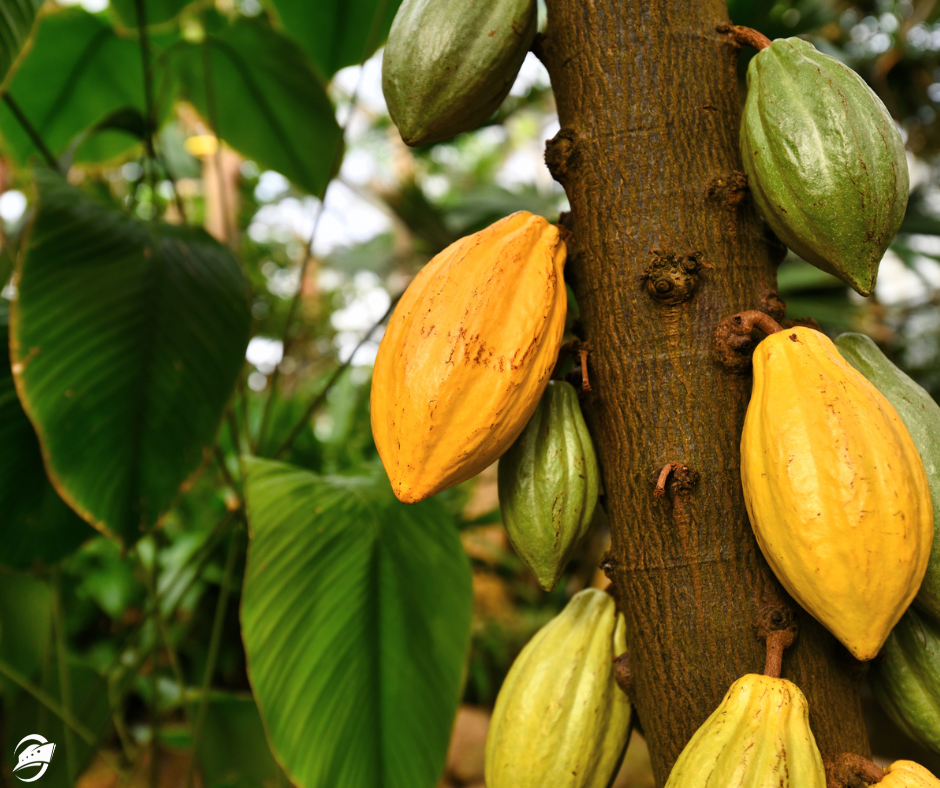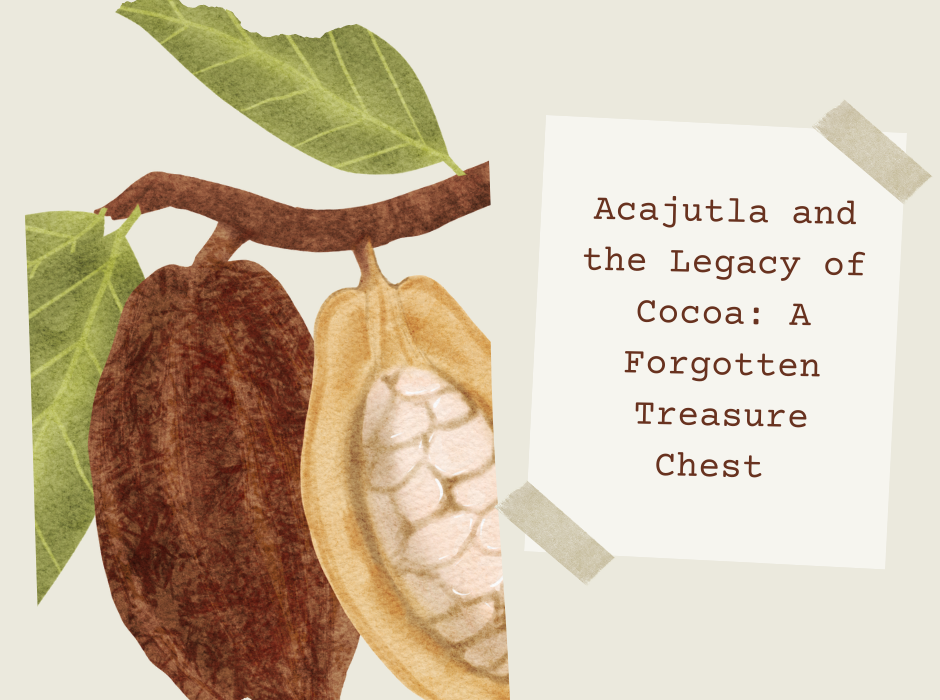Cacao and chocolate have deep roots in the history of El Salvador, going back to Mayan mythology, to pre-Hispanic times. More than 3000 years ago, cocoa was not only consumed but also used in rituals and as currency. This underlines its cultural importance.
In contrast to mass production, El Salvador’s geography favours coffee rather than large-scale cocoa cultivation. However, the country is promising for specialised cocoa production. Records show that in 1575, 1,420 tonnes of cocoa were exported to Mexico and Spain – a quantity that would take years to recover.

By 2022, cocoa production was mainly concentrated in Sonsonate and Usulután. However, the Pacific coast has great potential and production is expanding despite challenges such as climate change and social factors. With renewed efforts, El Salvador is reclaiming its place in the world of fine cocoa.
Visit to a cocoa farm in eastern El Salvador
During your visit to eastern El Salvador, discover a small, family-run cocoa farm where local farmers produce their precious cocoa using traditional methods. Young cacao trees start to produce cocoa pods after 5-6 years of growth, and are planted with shade trees such as avocados to protect them from the sunburn of taller plants.
The cocoa pods grow directly on the trunk of the tree and mature at different times, so they have to be harvested by hand. Interestingly, all colours of pods can occur on the same tree! After the pods are removed, the seeds and surrounding pulp are scooped out and the pods are discarded before fermentation.

During the fermentation process, the sugary pulp is placed in boxes and kept until the heat generated during fermentation reaches the right temperature. The beans are then transferred to another box and the fermentation process is repeated three times to allow the seeds to reach their optimum flavour potential. The fermented beans then taste tart, sweet and yeasty – like fresh, risen bread dough.

At the end of the process, the cocoa beans are dried and prepared for marketing to provide the raw material for the world’s finest chocolate. This traditional method guarantees quality, artisanal cocoa production that keeps El Salvador’s rich cocoa tradition alive.
The history of cocoa in El Salvador is deeply rooted and the carefully tended cocoa beans grown here can truly form the basis of the world’s finest chocolate. The dedicated work of local farmers, combined with traditional handwork and natural fermentation processes, ensures a quality and unique flavour that is attracting increasing attention in specialty markets.

The cocoa production process in El Salvador is not only important for the economy, but also creates a deeper connection between people and the land. Natural fermentation and sustainable farming provide the opportunity for future generations to enjoy this special, rich-tasting treasure.
On a Victoria Cruises Residentiel Ship itinerary to El Salvador, don’t miss the opportunity to take a closer look at the life cycle of cocoa and its impact on local communities. The beans grown here are not only transformed into delicious chocolate, they also hold a whole history and culture.


